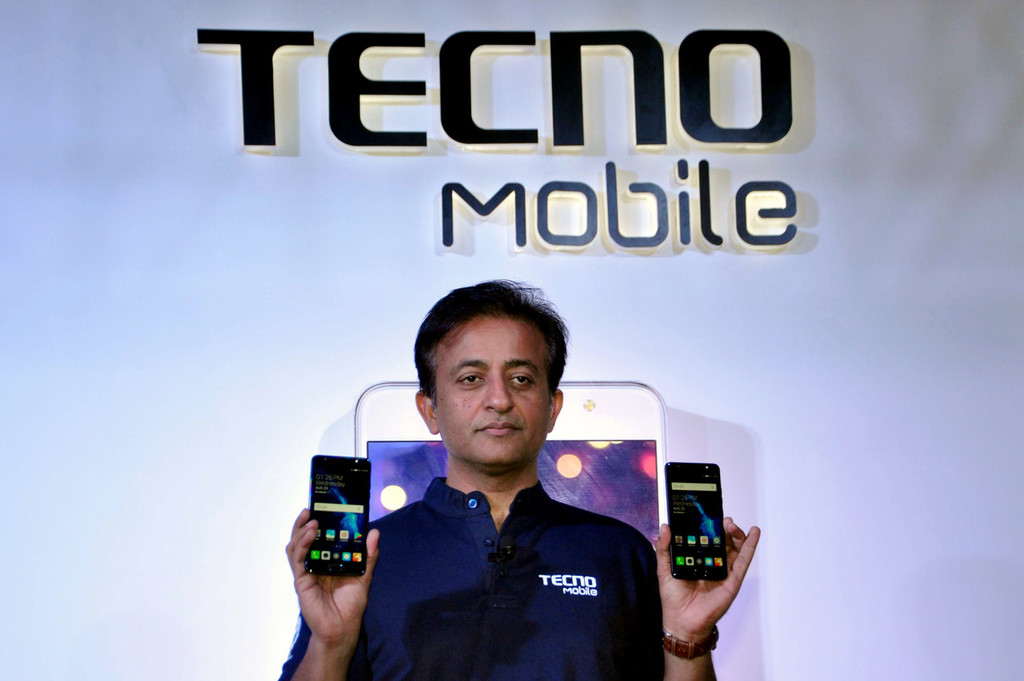Shenzhen-based phone vendor Transsion late March filed its prospectus with the science and technology innovation board at the Shanghai Stock Exchange for an initial public offering of no fewer than 80 million shares to raise at least RMB 3.01 billion (USD 430 million).
Before finally gaining the fund from various investors, it has to answer many prospectus-based questions from the stock exchange to give them enough information. This is a necessary process, in which all questions and answers will be disclosed, for any company choosing to go public via the high-tech board.
Transsion was asked to answer 62 types of questions, ranging from shareholding structure to key technologies and to risks. Under each type, there are several detailed questions.
Among all these questions, one is about whether Transsion can maintain or even enlarge its market share in the next three years in overseas markets such as Africa and India, where Xiaomi and Huawei have tapped.
Before this question-and-answer process, Transsion said in its prospectus that its market share in Africa increased from 33.73% in 2016 to 48.71% in 2018, ranking first, followed by Huawei with 4.05%, citing IDC data. Xiaomi has not broke into the top 10 club in this region.
It added that its market share in India grew from 3.4% to 6.72% over these three years, ranking fourth, following Xiaomi with 12.71%. In this country, Huawei is also out of the group of top 10 players.
In the disclosed written answer, Transsion said it believed competition from these two rivals will have “small influence” on it and the company would maintain “rather high” market shares in the future.
The company reasoned that there is a huge market in emerging markets like Africa and as a player with an advantage in scale, it has built barriers for competitors, such as localized R&D system, stable sales channels, multiple established brands and good post-sales service.
Contact the writer at jingli@kr-asia.com
